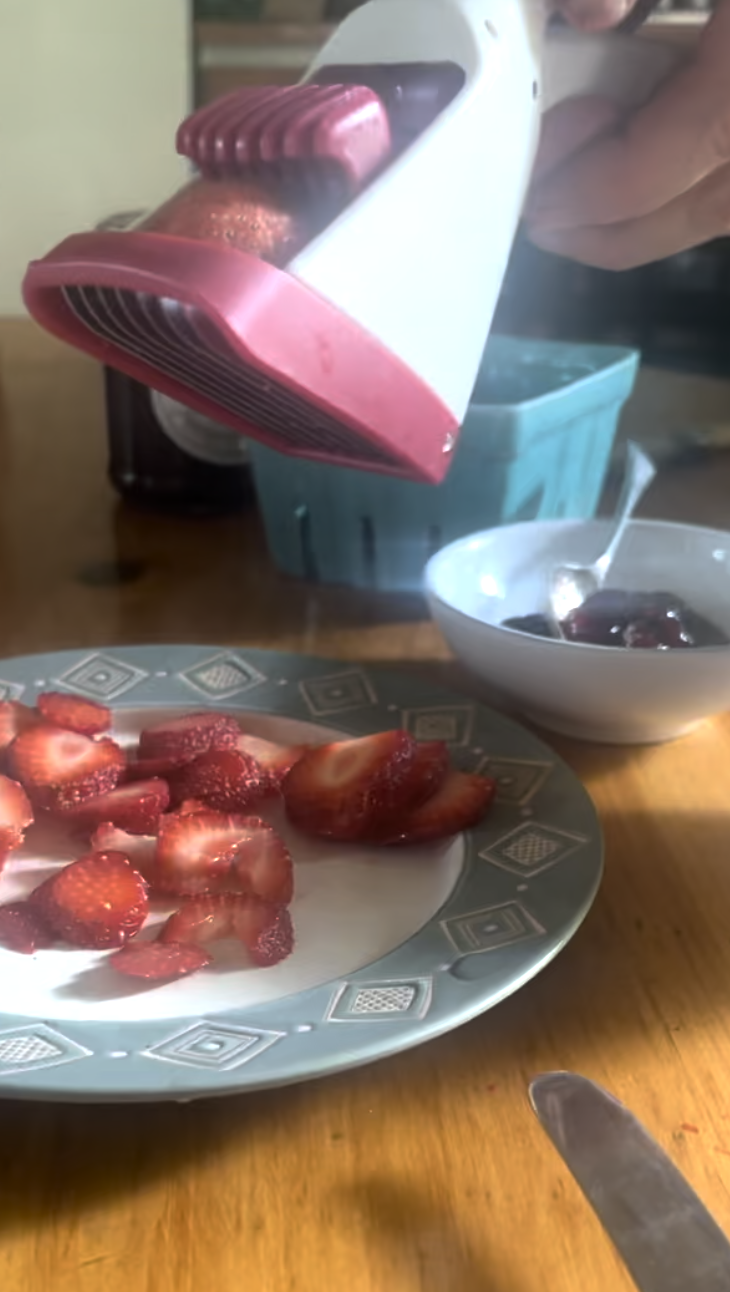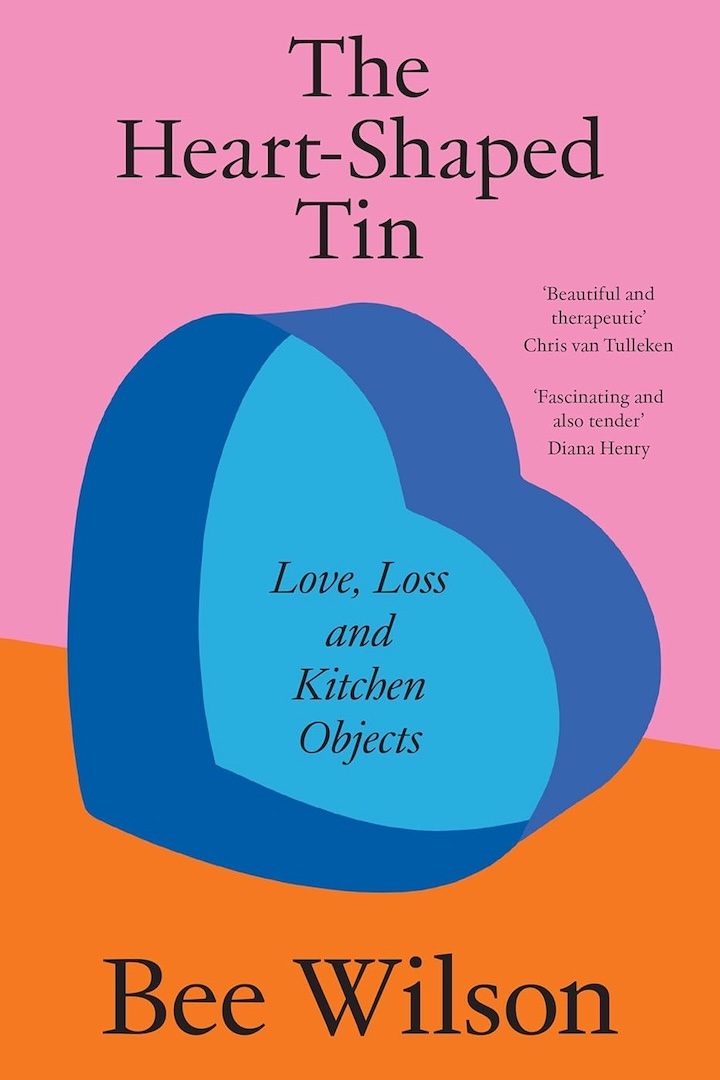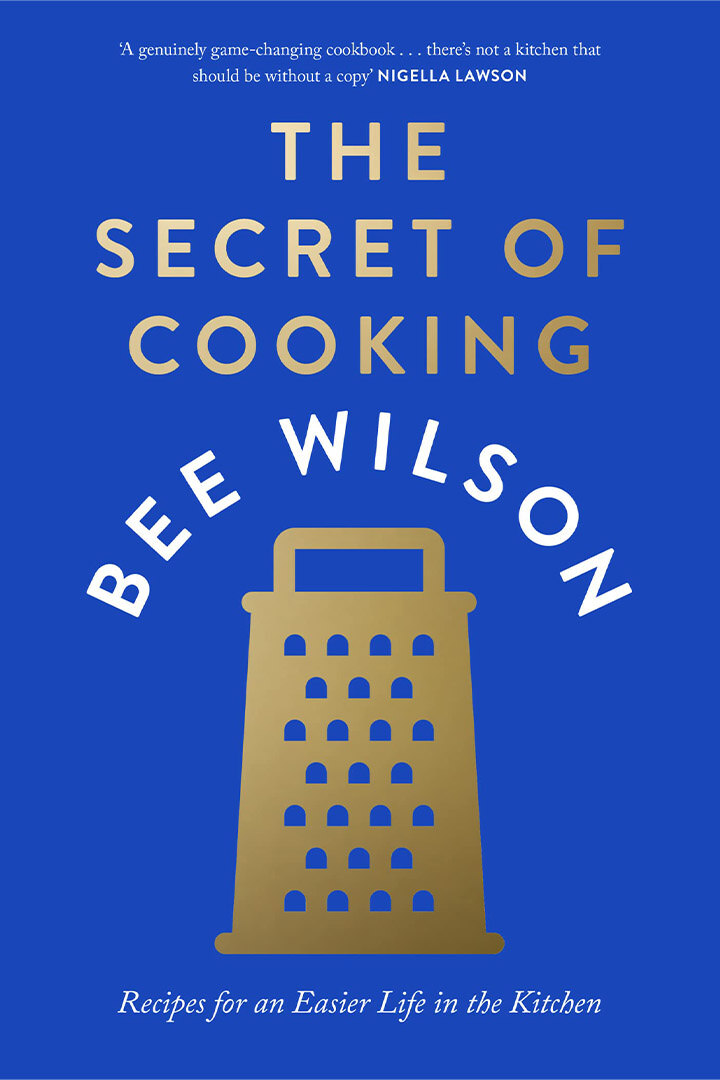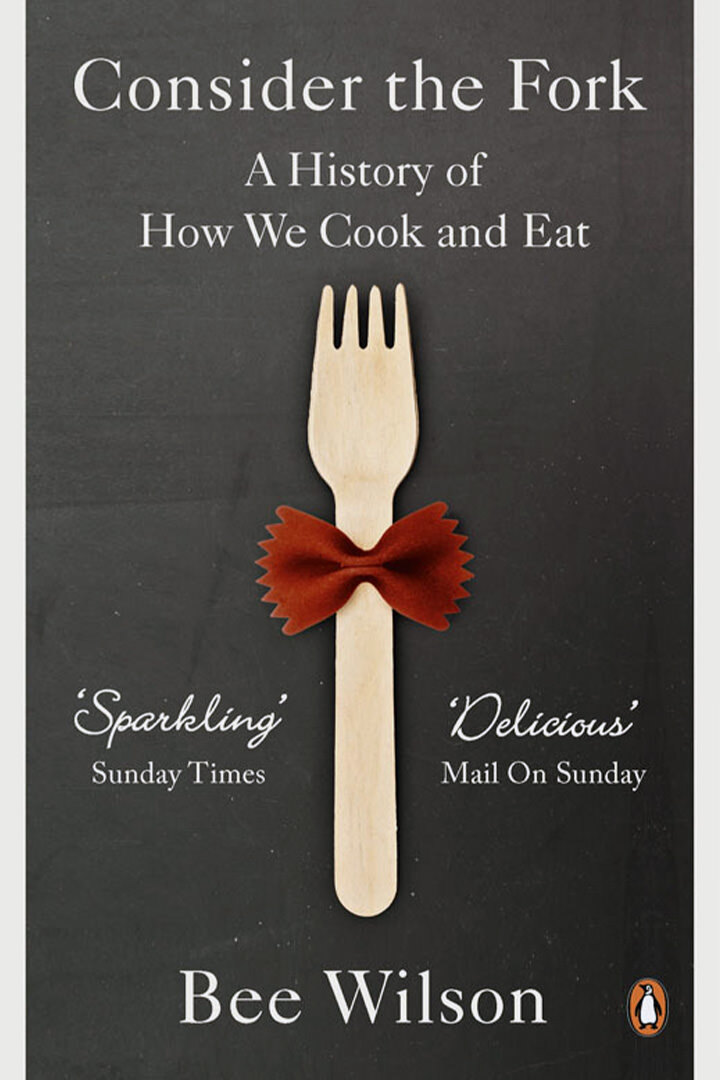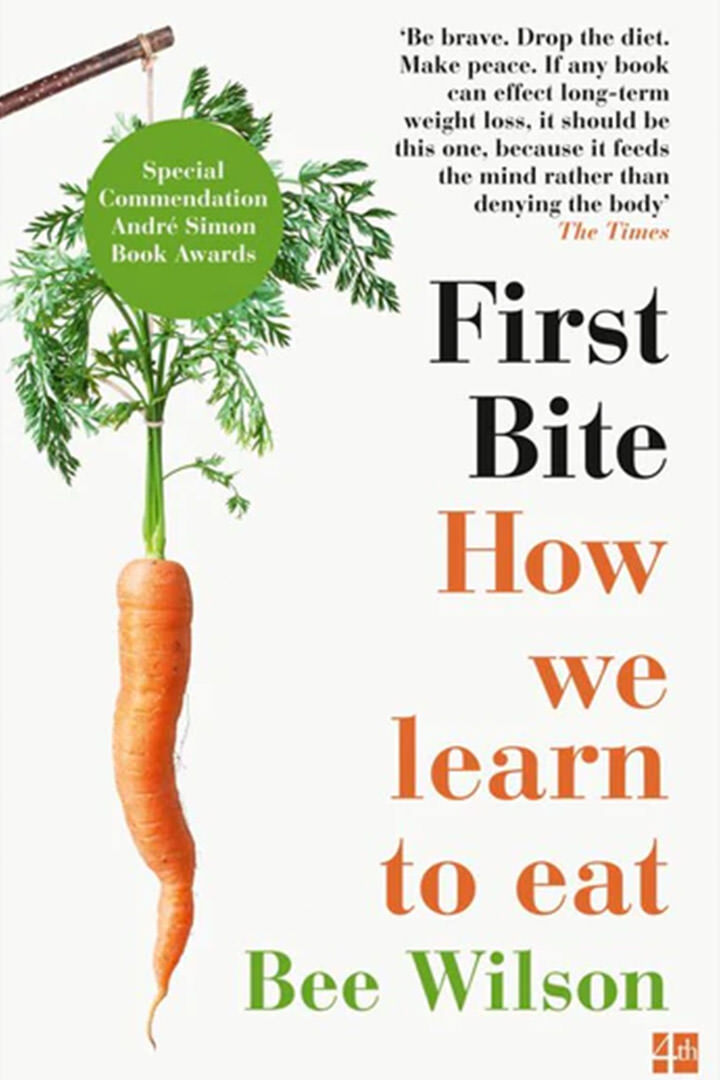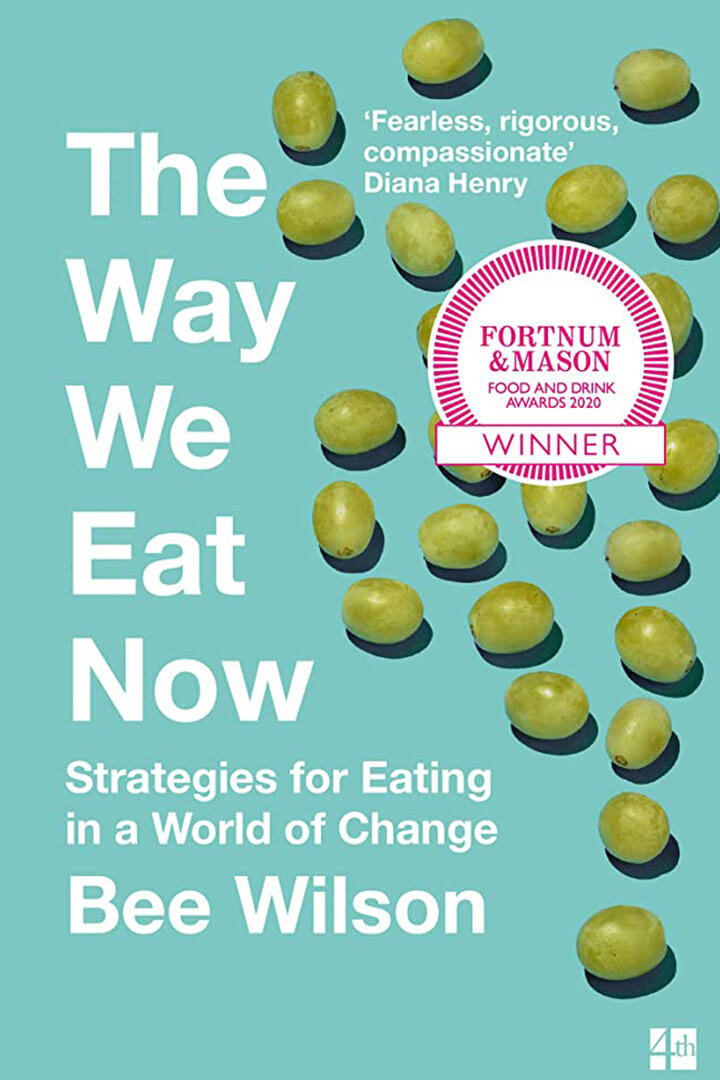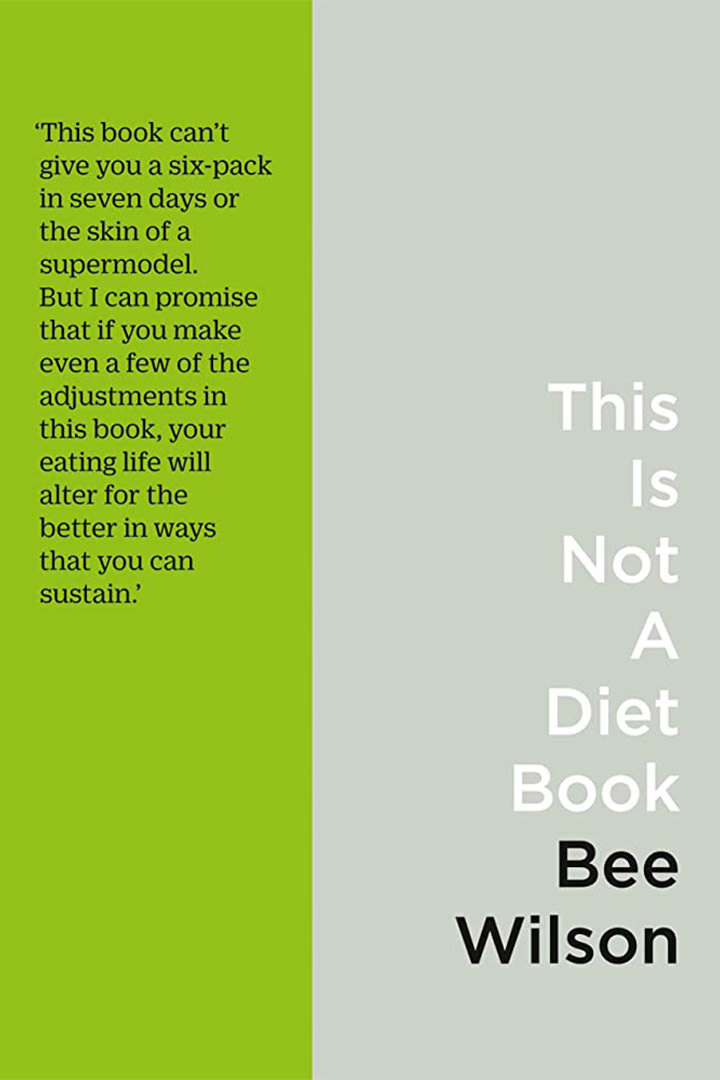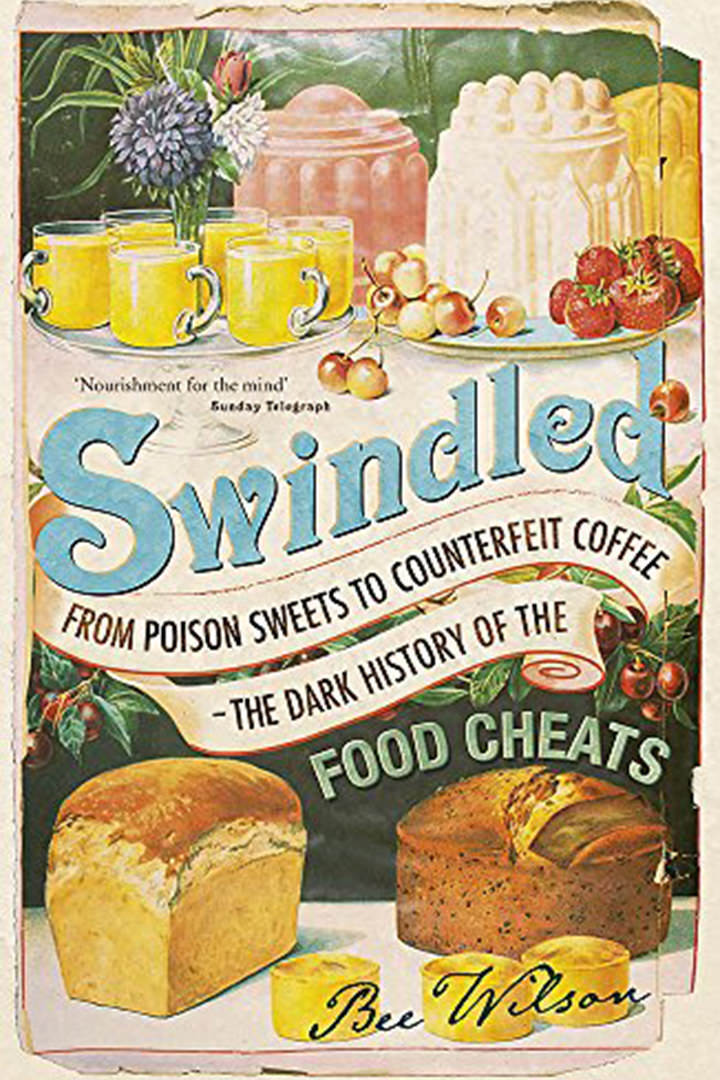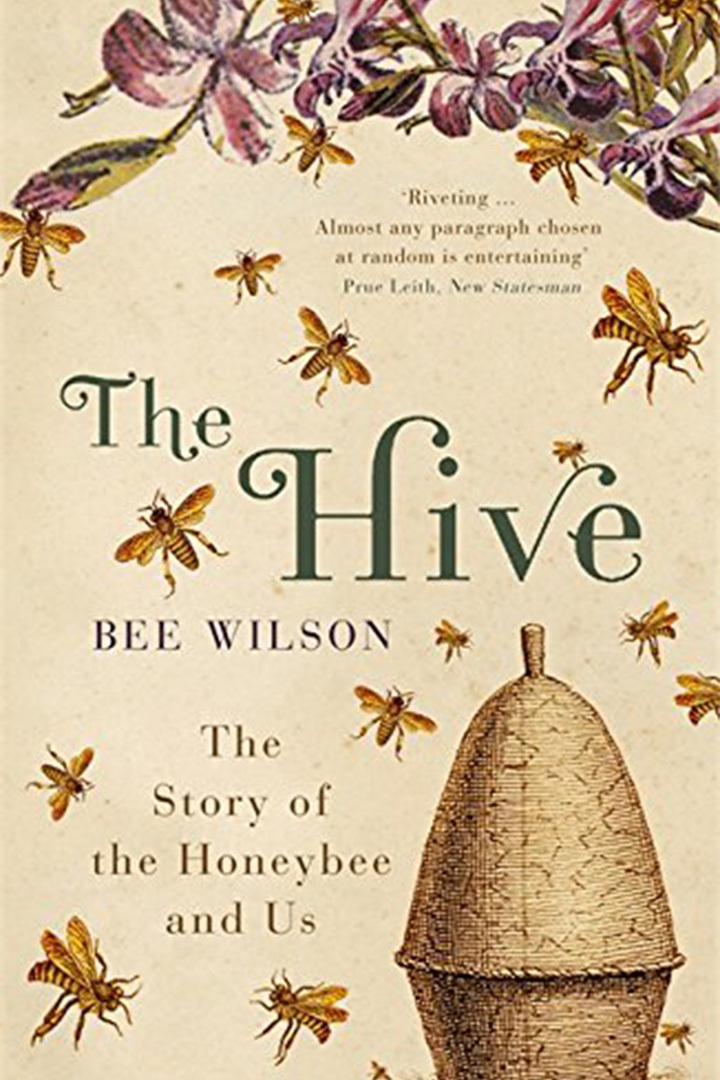Is Your Kitchen Plastic Free? Confession: Mine Isn't...
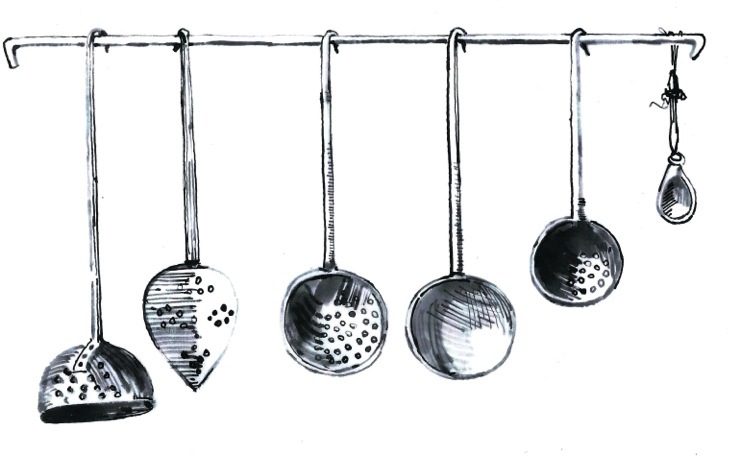
Is your kitchen plastic free? Confession: mine certainly isn’t, not least because I remain devoted to my Aeropress coffee maker, which I wrote about in my book CONSIDER THE FORK. I haven’t yet traded it in for the new ‘premium’ glass model that costs more than £100 more than the black plastic one, though I am considering it. And in fact, I'm not sure whether maintaining a totally plastic-free kitchen is even possible, at least not if you are cooking on a budget or in any way stretched for time.
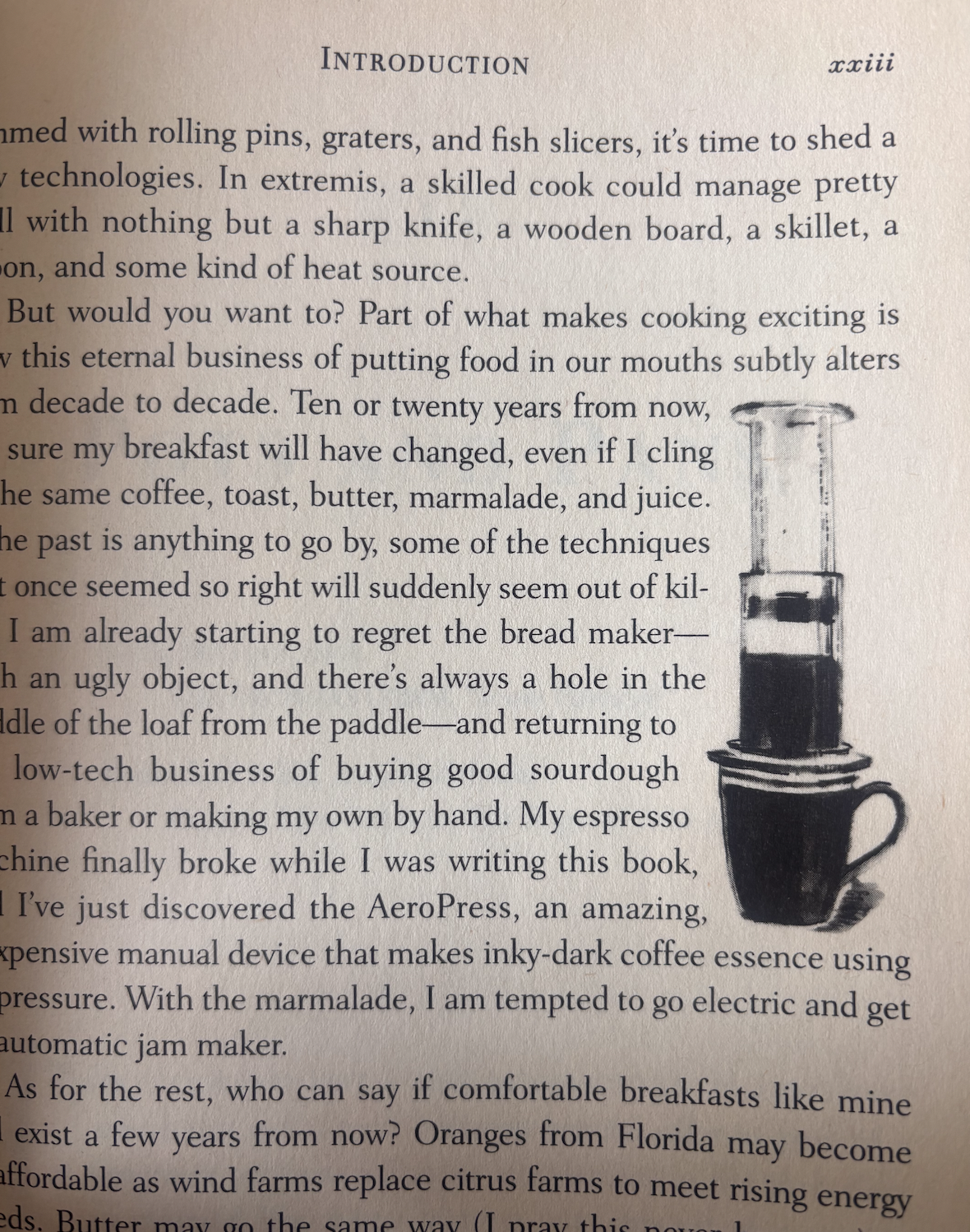
But I do find that more and more, I am questioning the use of plastics and switching to glass/metal/wood/paper where possible. Once you start on this journey, you notice plastic EVERYWHERE, from dish sponges to multi cookers, from non-stick pans to clingfilm.
And that's before we even start to talk about all the single-use plastics that food itself gets packaged in. Read here for a very funny account by Emma Beddington about trying and failing to go entirely plastic free with her grocery shopping:
https://www.theguardian.com/en...
Anyway, I was fascinated to read the recent ‘Plastic-Free Kitchen’ series in The Strategist (New York Magazine) which included articles on everything from plastic-free food containers (they favour @blackblumdesign metal containers which I also love though they are not cheap) to coffee makers and cleaning products. Link here:
Plastic-Free Week in New York magazine
The series covers The Great Black Plastic Spatula Panic of 2024. It turns out that the study that generated the panic contained an error and the risks of toxicity from these spatulas were *much* smaller than originally stated. But as journalist Zoe Schlanger is quoted as saying “It doesn’t change the point. You should not be ingesting flame retardants.”
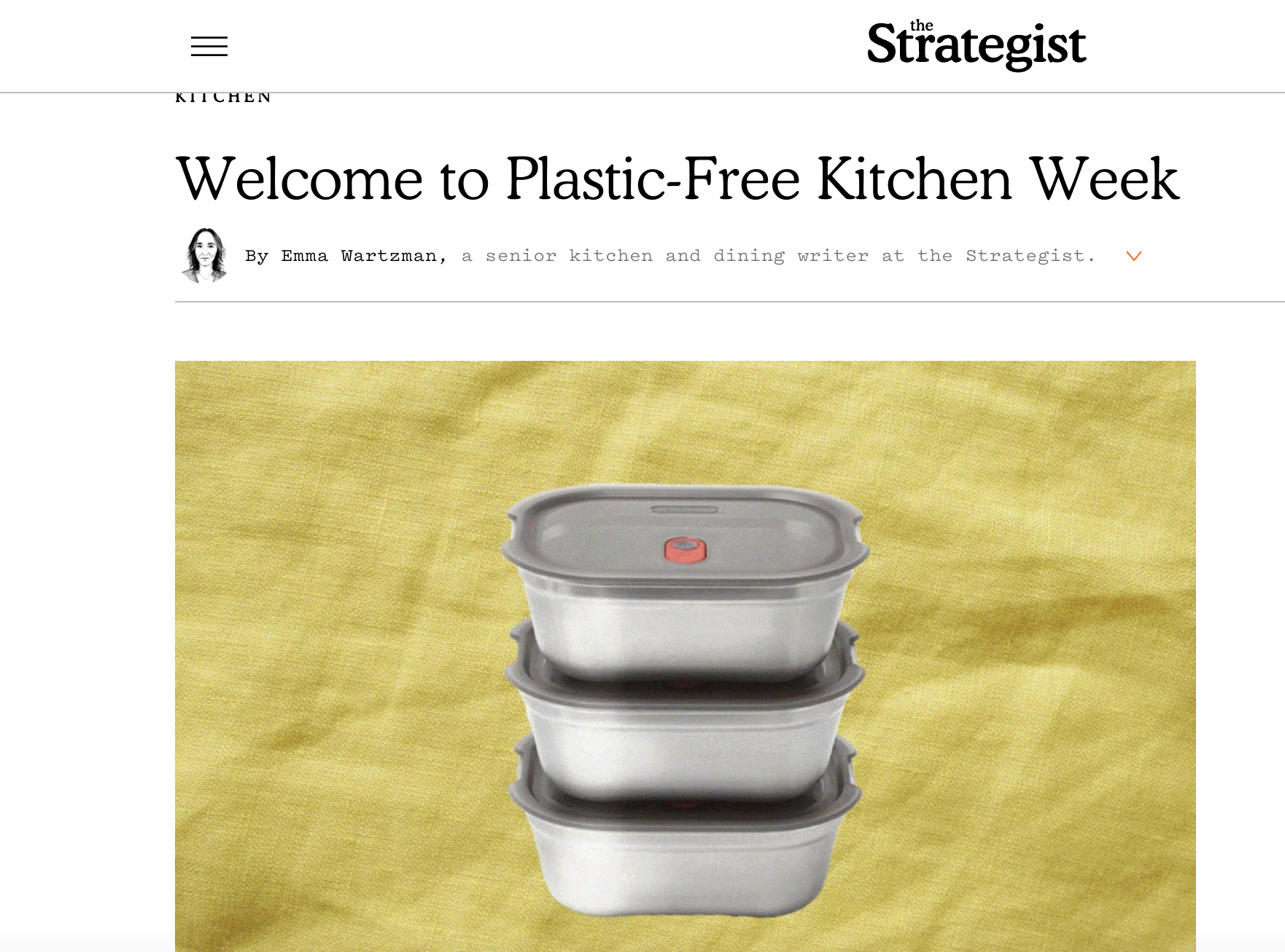
It strikes me that in addition to all the many, many ecological reasons for switching away from plastic, there are also emotional ones. Non-plastic utensils (with some notable exceptions) are better carriers of memories. They age more gracefully.
In the conversations I keep having with people about their favourite kitchen utensils since the U.K. publication of THE HEART-SHAPED TIN, I’ve noticed that very few of the most cherished objects are made from plastic (except for certain things with plastic handles, such as a rotary whisk).
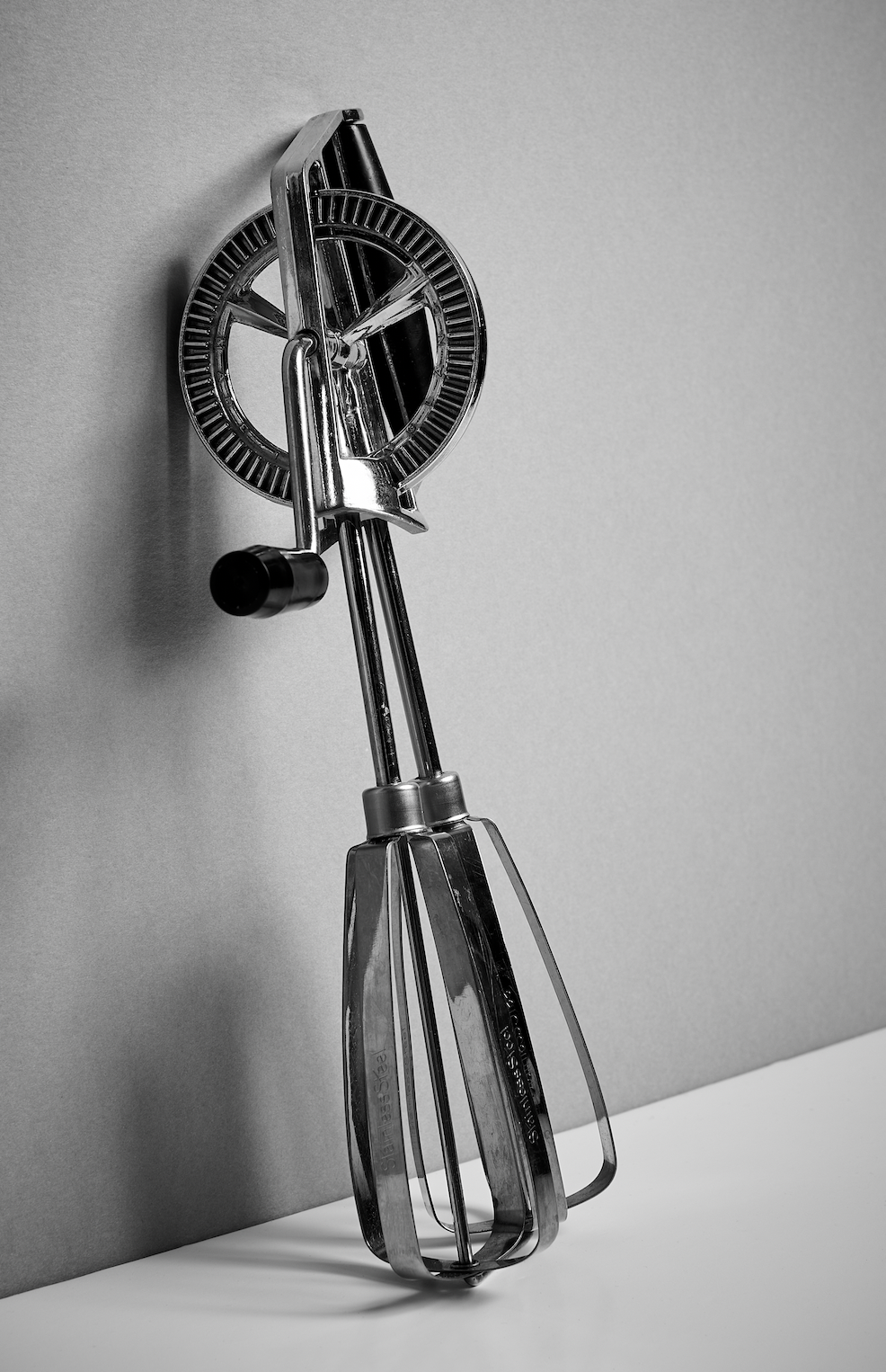
There is something about holding something made from ceramic or wood that no plastic can replicate. When I touch my mother's old wooden spoons, I seem to feel her hand in the grain of the wood on the handle. I can't imagine feeling the same about any plastic spoon (although maybe I am wrong about this; it's certainly possible to feel sentimental about a baby's melamine pate, something I have experienced myself and indeed write about in the book in a chapter about my son's Elmer the Elephant plate).
Our plastic world deprives us of the textural joys of knowing objects that get better with age. There is a particular feeling you get from a metal pan with a patina developed over time that a non-stick pan will never give you. A case in point is this budare: pan for making arepas belonging to Sasha Correa which her father gave her when she left her home in Venezuela for a new life in Spain. I write about Sasha and her budare in one of the chapters of THE HEART-SHAPED TIN. She called it her 'precious' when we spoke because it was such an essential link with home.
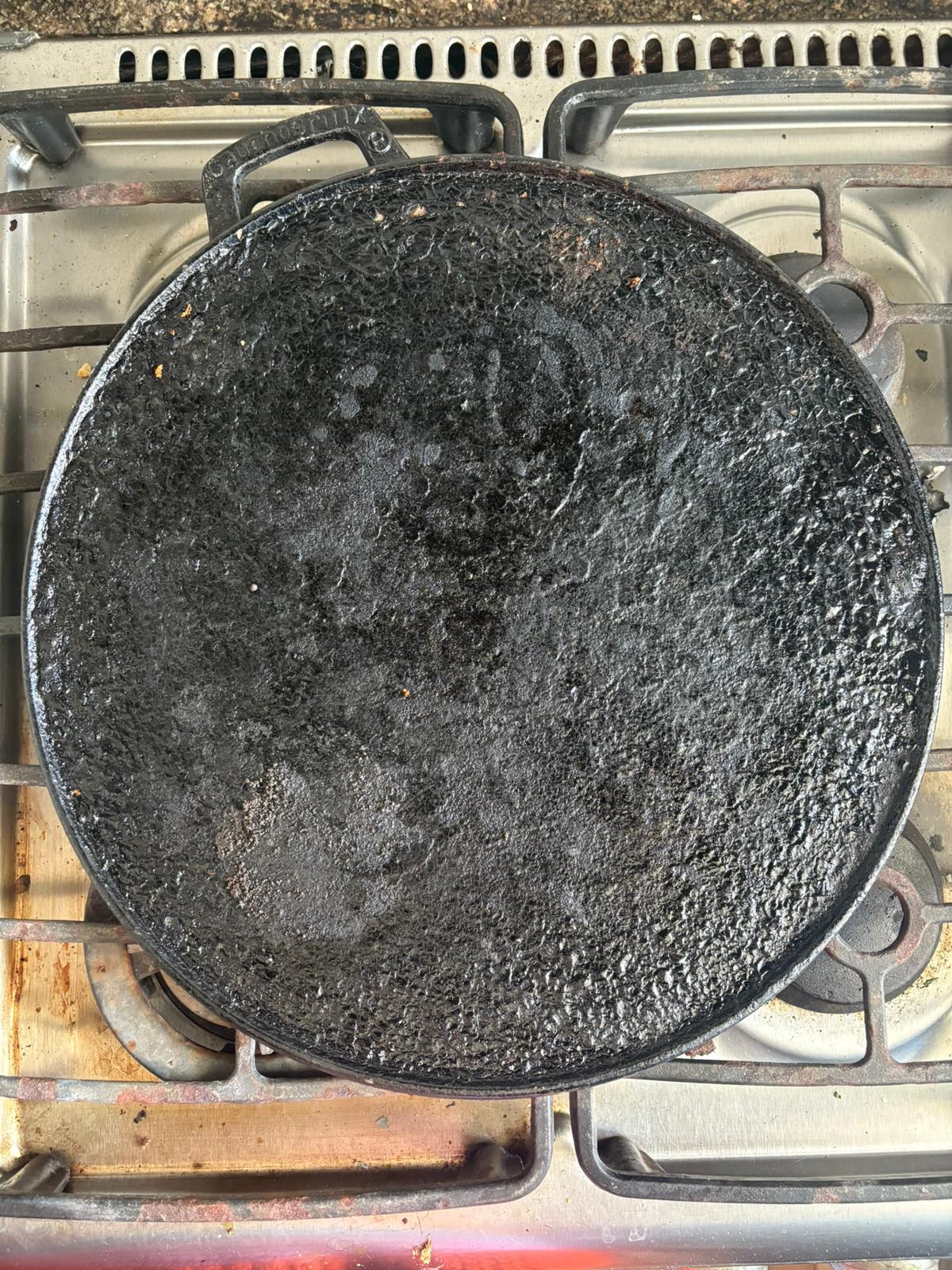
Illustrations by Annabel Lee from my book CONSIDER THE FORK
Photo by Ethan Humphries from THE HEART-SHAPED TIN @w.w.norton @4thestatebooks
P.S. As so often, the moment I had written this, I changed my mind and remembered plastic kitchen objects that bring joy. For years and years when my children were in a phase of smashing everything, one of our most-used dinner objects was a plastic water jug that looked like glass. We must have used it every night for nearly twenty years. If there is too much plastic in the world (and there definitely is), one answer is to carry on using and reusing our hard plastic objects to save them from landfill.
I also remembered that one of the small sweet highlights of the summer was seeing my friend Anne using her beloved plastic strawberry slicer which she gets out every year without fail to make strawberry shortcake. On the one hand, who needs a strawberry slicer when you have a knife? On the other hand: how satisfying!
